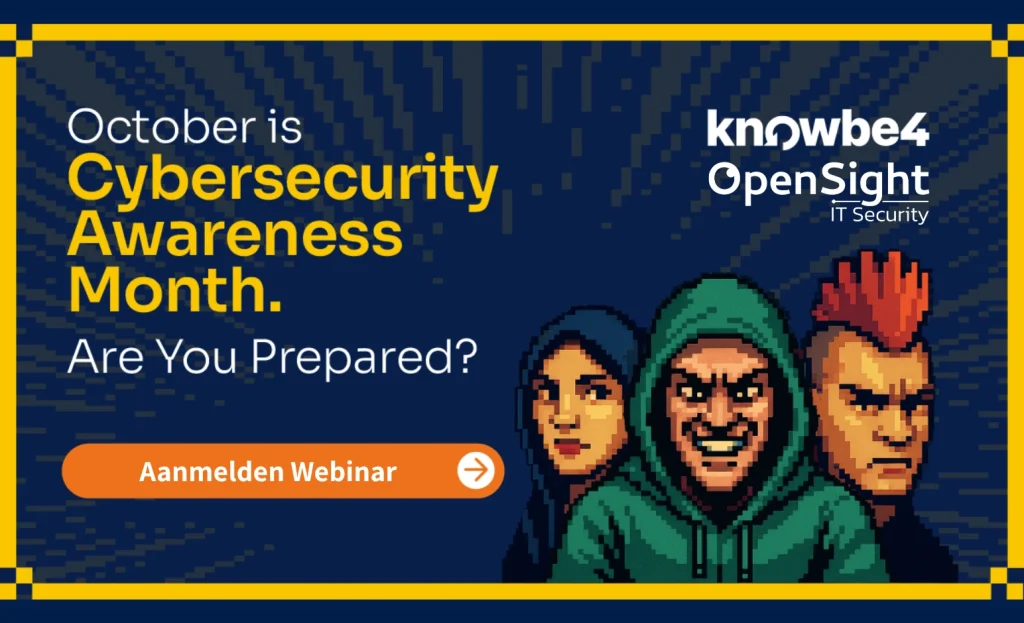What is a hacker able to see and/or do?

Hackers, cyberattacks, phishing E-mails. These days it seems like half of the news is about cyber attacks. Unfortunately, these types of happenings are indeed on the rise. Since there is still a lot of uncertainty about what exactly a hacker can see or do, we will tell you more in this article.
What is a hacker?
According to the dictionary a hacker is a person who uses computers to get access to data in somebody else’s computer or phone system (without permission). This means that if you’re able to get into someone’s laptop, you’re a hacker. At OpenSight we think this definition is a little too broad. There’s a significant difference between ethical hacking and hacking with malicious intent. For example, when someone tries to enter a system solely to find vulnerabilities in said system, this is not necessarily a hacker in our definition. We distinguish different types of hackers like Grey hat hackers, White hat hackers, Green hat hackers, Blue hat hackers and Red hat hackers. Every hacker has a different method or hacks with a specific goal in mind. In the previous articles on our website, we explain exactly what types of hacking there are and how you can protect yourself against a hacker or cybercriminal.

How can I check if I’ve been hacked?
But how do you know if you’ve been hacked? There are a few signals that show you that you’ve been hacked. Some examples below:
- Login problems: Suddenly you can’t get into your (social media) accounts, even though you’re using the right password.
- Warnings: A lot of companies send an E-mail if someone tries to log into your account. Aren’t you the one logging in? Then it could be possible someone is trying to break into your account.
- Slow electronics: Your laptops or phones are extremely slow.
- Pop-up spam: All of a sudden, your screen is filled with pop-ups. This is a form of adware.
- Weird chat messages: Your friends and family get weird messages from your account, and you didn’t send them. This is often a case of cybercriminals trying to get money via WhatsApp or other communication platforms.
- Encrypted files: Files that were previously open are now suddenly encrypted on your computer. This is a form of ransomware.
These are just a few examples of signs that could indicate that you’ve been hacked. There are also countless tools online that can help finding out whether you have been hacked. For example, do you want to know whether your email has been hacked? You can use the website ‘Have I Been Pwned?’, and it will check for you.
I’ve been hacked, what do I do?
Firstly, it’s important to remain calm. There are a lot of ways to get hacked, but it doesn’t automatically mean you are in danger. It is, however, important to take the right steps to decrease risks. Have you been hacked? First scan your device with a virus scanner, which detects ransomware and other suspicious software for you. Oftentimes a virus scanner will put suspicious files and software in ‘quarantine’. Deleting the file of the software from your device will be easier this way. In addition, it is important to change all your passwords in the event of a hack. As annoying as it is, this is the best way to keep hackers out and prevent real damage. Next to changing your passwords you should also ensure that software is always up to date. This keeps hackers from casually breaking into your devices. If a work computer or laptop has been hacked, you should always report this to your manager or supervisor and make sure that colleagues are aware. This prevents hackers from gaining access to multiple computers and sensitive data from company systems.
Should you recognize one of the above signals and suspect that you have been hacked? Make sure you consult an expert! If you haven’t encountered a cyber attack yet, it’s better to be safe than sorry. Always make sure that you protect your valuable data against cybercriminals and ransomware. Want to secure your data professionally and efficiently? Contact one of our experts!



